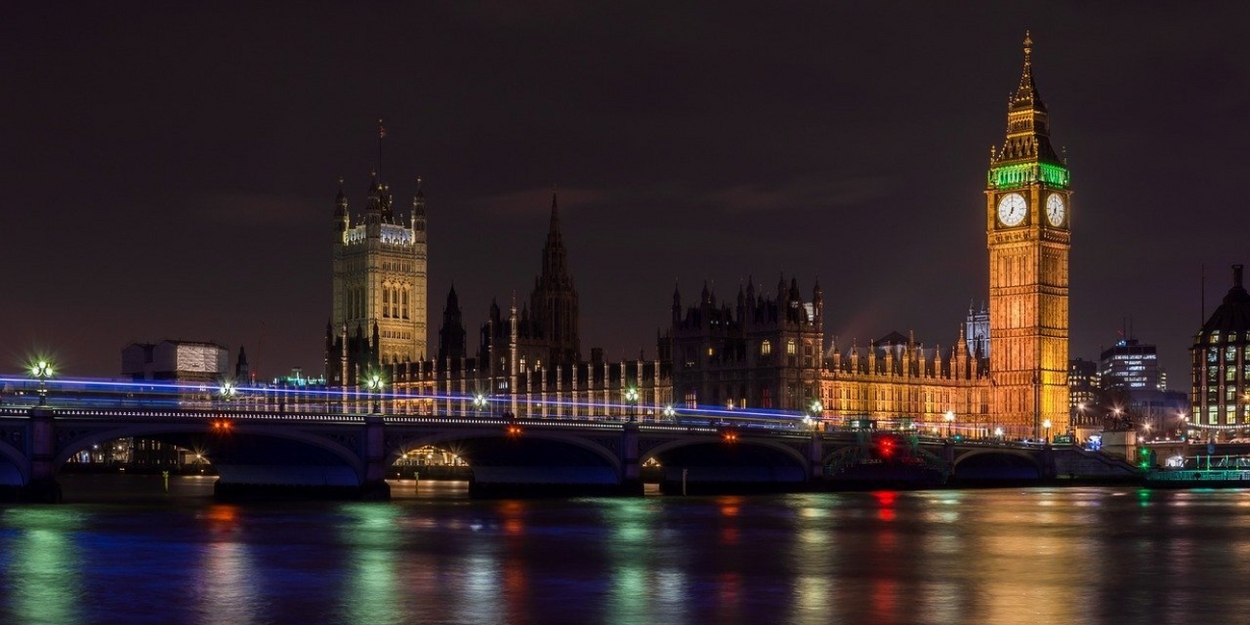SOLT & UK Theatre Release Statement Following Government Decision to Scrap Business Energy Price Cap
The organizations stated, "This means that theatre venues and productions will lose vital support in a challenging and inflated market."

Society of London Theatre (SOLT) and UK Theatre have released a statement following the Government's decision to scrap business energy price cap.
Society of London Theatre (SOLT) and UK Theatre are disappointed by today's announcement that the government is scrapping the energy price cap for businesses from April 2023. This means that theatre venues and productions will lose vital support in a challenging and inflated market. Many theatre businesses seeking renewals of their energy supply in Autumn of 2022 were faced with quotes in excess of 500% over their previous contract rate. It is now likely that businesses renewing in 2023 will face similar levels of price inflation.
Live performance is a powerful driver of our economy: For every £1 spent on a theatre ticket, an additional spend of £1.40 is generated outside the venue in local economies, adding up to £1.94bn per annum of extra value added to local economies by theatre audiences. Ongoing energy bill support from the government would have enabled theatres to continue to deliver this economic benefit at a greater level and to provide vital services for their local communities, including acting as warm banks. However, it is now likely that some of these services will need to be scaled back to meet rising costs.
A SOLT member, David Hutchinson, CEO of theatre production company Selladoor Worldwide, said:
"The reversal of the cap on business energy prices is a hammer blow to the theatre sector, which has only just reopened and is rebuilding audience, product and commerce after years of closure. The industry is suffering already from considerably higher commodity costs, labour shortages and cost of sale to reach audiences. We cannot pass on this cost to the consumer, who are already struggling with the cost of living. This puts the theatre sector in a crisis as costs across the board increase, yet revenue remains stable. The government needs to come up with more ideas to protect buildings keeping the lights on, and businesses across the country viable - and this move has done nothing but add further pressure on a very difficult situation."
Given the enormous energy related challenges facing our theatres, there is an urgent need to work with government to find new ways to support our sector to thrive. SOLT and UK Theatre will be pushing hard with colleagues in HM Treasury, BEIS and DCMS to understand the impact of this decision on the theatre sector and what mitigations can be put in place. We will also be continuing discussions on how to deliver growth in the sector, including our proposals for an investment fund to support sustainability improvements in theatre buildings and maintaining the higher rate of Theatre Tax Relief.
Society of London Theatre (SOLT) and UK Theatre are organisations that work with and on behalf of our members to champion theatre and the performing arts. Together, we represent over 500 of the UK's leading theatre producers, venue owners and managers and performing arts centres, as well as over 1400 professional members involved in creating large and mid-scale theatre in London and around the UK.
They deliver a range of services to assist our members and promote theatregoing to the widest possible audience. The Society of London Theatre are producers of the annual Olivier Awards and West End Live. UK Theatre produces the annual UK Theatre Awards.
When surveyed in August 2022, theatres suggested that, without support, 7% of surveyed theatre businesses were at risk of closure, 55% were likely or very likely to reduce staff, and 63% were likely or very likely to increase ticket prices. Since this research was carried out, work undertaken by both the Society of Independent Theatres, representing venues with under 300 seats, and Ecclesiastical Insurance examining the broader heritage sector, provide even worse outlooks. SIT research suggests that two-fifths of independent theatres fear closure, and Ecclesiastical's study suggests nine in ten heritage organisations fear for their future.
Comments

Videos
